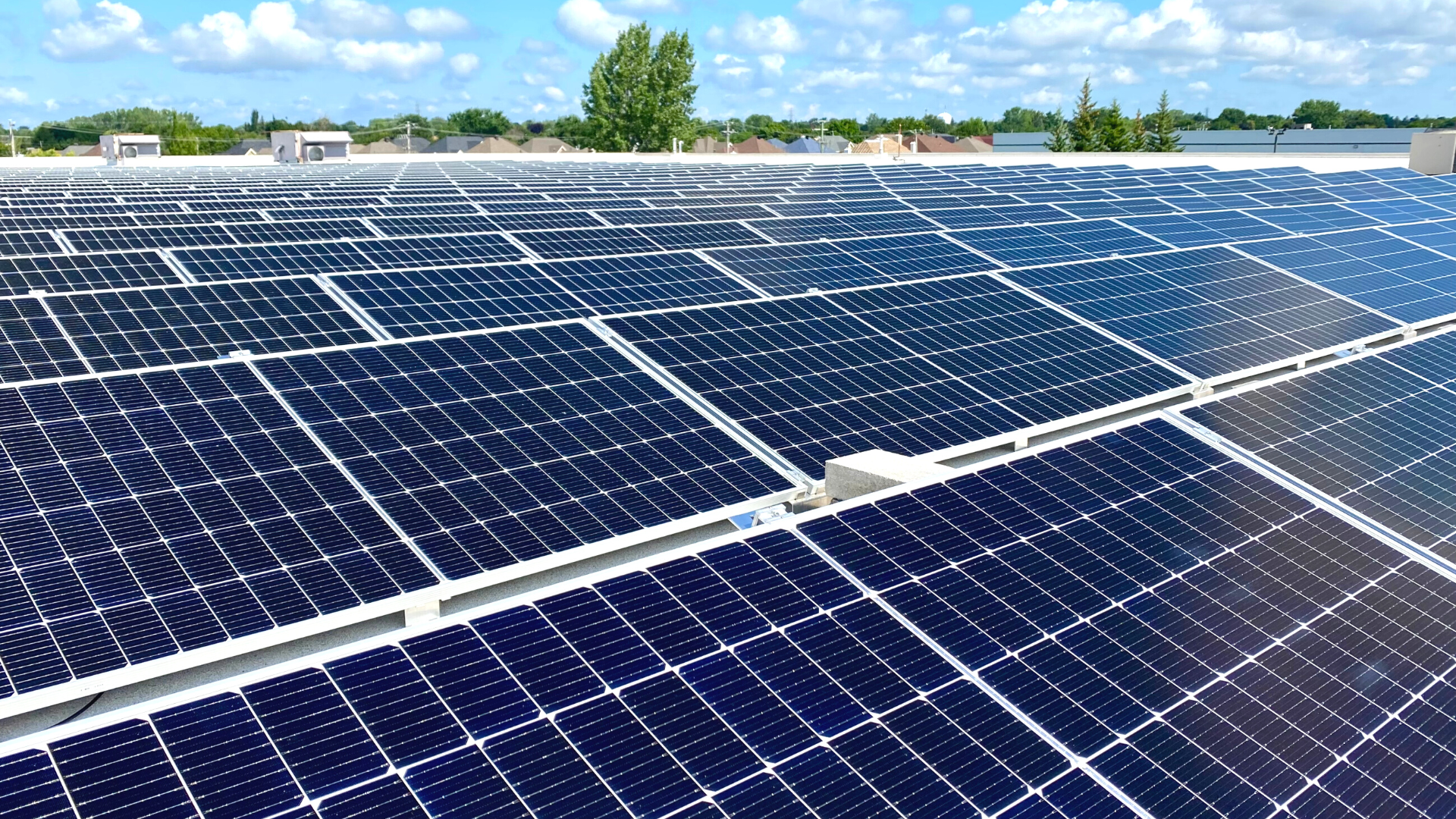Environmental Solutions for British Columbia’s LCFS Participants
The British Columbia low carbon fuel standard (BC LCFS) represents a beacon of change within the Canadian transportation sector. Comprising two key legislations – the Greenhouse Gas Reduction Act and the Renewable & Low Carbon Fuel Requirements Regulation – the BC LCFS is steering the province towards a low-carbon future.
As a leading provider of renewable fuels and environmental solutions, Targray recognizes that BC LCFS isn’t just a regulation; it’s an opportunity to enhance environmental stewardship while unlocking financial incentives. Together with partners, we navigate the BC LCFS landscape, turning regulatory challenges into avenues of growth, innovation, and positive change.
BC LCFS: A Blueprint for Emission Reduction
Established in 2008 and fully implemented by 2013, the BC LCFS stands as an embodiment of British Columbia’s commitment to reducing transportation-related emissions. Anchored by two pivotal legislations—the Greenhouse Gas Reduction Act and the Renewable & Low Carbon Fuel Requirements Regulation—this multifaceted standard orchestrates a transformative shift by incentivizing the adoption of low-carbon alternative fuels.
At the heart of BC LCFS lies a bold commitment to emission reduction. As of 2020, fuel suppliers operating within British Columbia are mandated to achieve an annual reduction of 1.09% in the carbon intensity (CI) scores of their fuels. These incremental percentages, compounding over time, promise a substantial reduction of 20% in emissions by 2030—measured against a 2010 baseline. A profound shift is also heralded by the program’s directive to maintain a minimum renewable content of 5% for gasoline and 4% for diesel, catalyzing a paradigm shift towards reduced fossil fuel dependence.
Navigating BC LCFS: Addressing Key Inquiries
- Defining Fuel Suppliers: Central to BC LCFS is the concept of fuel suppliers—entities engaged in the import or manufacture of fuels within British Columbia, whether renewable or fossil-based. Compliance pivots on whether a fuel’s carbon intensity (CI) score aligns with program targets. Surpassing the target yields credit surpluses, while falling short results in credit deficits. However, exemptions exist for qualifying parties.
- Exemptions and Thresholds: The realm of BC LCFS is pragmatic, offering exemptions that evolve with time. For instance, entities supplying less than 25 million liters (~6.6 million gallons) of fuel are exempt in the 2021 compliance year. A strategic progression sees this threshold reduced to 200,000 liters (~52,834 gallons) from 2022 onward, marking a concerted push towards enhanced emission reduction strategies.
- Part 3 Fuels and Agreements: BC LCFS classifies fuels based on composition, with Part 3 fuels at the forefront. These fuels—spanning CNG, LNG, electric, hydrogen, ethanol, biodiesel, and propane—harbor the potential for emission reduction and generate financial credits within the program. Part 3 Agreements forge a bond between fuel suppliers and emission reduction commitments, culminating in clean fuel credits that offset deficits or fuel trading.
- Valuing Part 3 Credits: The economic dimension of BC LCFS is encapsulated by the upward trajectory of credit prices. This trend, witnessed since 2015, denotes a burgeoning market for clean fuel suppliers. Prices have surged by almost 250%, reflecting an escalating demand for credits to address fuel carbon intensity deficits.
| Compliance Period | Carbon Intensity Limit for Diesel Class Fuel (g CO2e/MJ) | Carbon Intensity Limit for Gasoline Class Fuel (g CO2e/MJ) |
|---|---|---|
| 2022 | 84.08 | 78.20 |
| 2023 | 81.86 | 76.14 |
| 2024 | 79.64 | 74.08 |
| 2025 | 77.42 | 72.02 |
| 2026 | 75.21 | 69.95 |
| 2027 | 72.99 | 67.89 |
| 2028 | 70.77 | 65.83 |
| 2029 | 68.55 | 63.76 |
| 2030 and subsequent compliance periods | 66.33 | 61.70 |
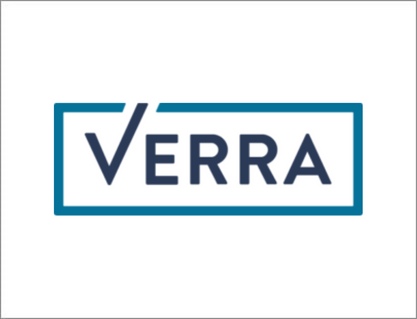 |
The Verra RegistryVerra is a global leader helping tackle the world’s environmental and social challenges by developing and managing standards that help the private sector, countries, and civil society achieve ambitious sustainable development and climate action goals. The standards and programs Verra develops and manages are globally applicable and advance action across a wide range of sectors and activities. Programs undergo extensive stakeholder consultation and expert review, and draw from four key components: standard, independent assessment, accounting methodologies, and registry.
|
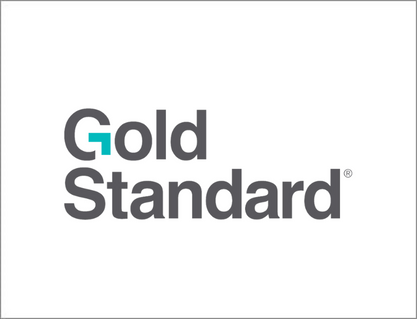 |
Gold StandardThe Gold Standard (GS) is a voluntary carbon offset program focused on progressing the United Nation’s Sustainable Development Goals and ensuring that project’s benefit their communities. It can be applied to voluntary offset and Clean Development Mechanism (CDM) projects. The GS CDM was launched in 2003 after a two-year consultation with stakeholders, governments, non-governmental organizations, and private sector specialists from over 40 countries. The GS for voluntary offset projects was launched in 2006. The GS project registry – containing all projects implemented through the standard was launched in 2018.
|
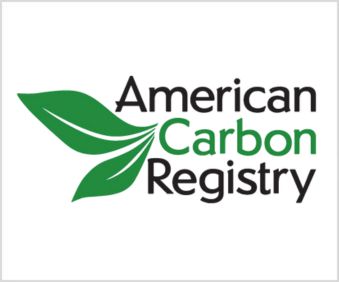 |
American Carbon Registry (ACR)The American Carbon Registry (ACR), a nonprofit enterprise of Winrock International, was founded in 1996 as the first private voluntary greenhouse gas registry in the world. Winrock operates ACR to create confidence in the environmental and scientific integrity of carbon offsets in order to accelerate transformational emission reduction actions.
|
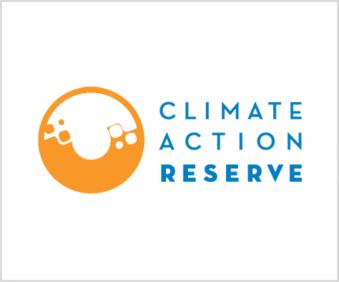 |
Climate Action Reserve (CAR)The Climate Action Reserve (CAR) is an offset registry for global carbon markets. CAR establishes high quality standards for carbon offset projects, oversees independent third-party verification bodies, issues carbon credits generated from such projects and tracks the transaction of credits over time in a transparent, publicly-accessible system.
|
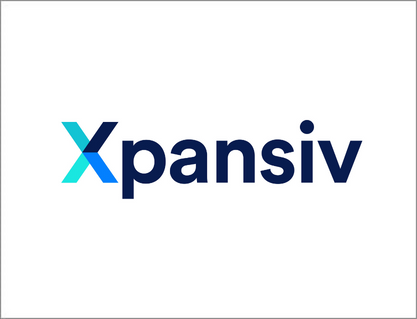 |
Xpansiv CBLCBL has established the first of its kind Standard Instruments Program (SIP) to build on market infrastructure to accompany and govern the launch of spot contracts for the settlement and physical delivery of environmental commodities across existing registries that can be determined as meeting certain defined, standardized criteria for market quality and performance. |
Related Content

Carbon Offsets
A carbon offset is a transferrable credit certified by governments or certifying bodies to represent an emission reduction of one metric tonne of CO2, or an equivalent amount of other GHGs.

Carbon Markets
Global carbon markets are broken down into two major market types; voluntary carbon markets (also known as VCMs) and compliance carbon markets, which vary by jurisdiction.

Carbon Trading
Carbon Trading is a market-based approach to slowing global warming. Supply and demand set the commodity price on carbon credits, offsets, and renewable energy certificates (RECs).
Environmental Commodities
Learn more about our carbon credit, carbon offset and renewable energy certificate (REC) programs & solutions for compliance and voluntary carbon markets around the world.
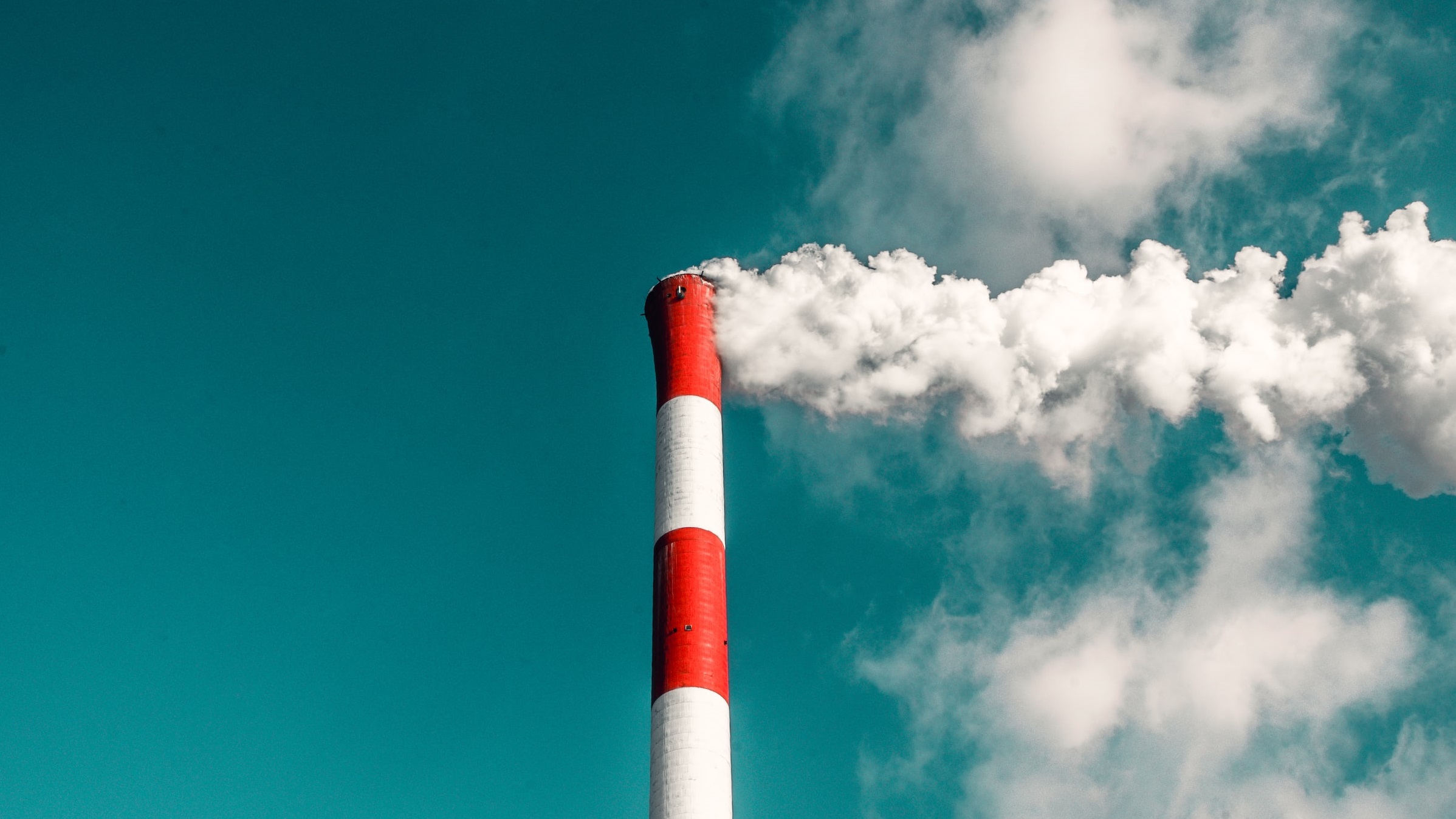
Carbon Pricing
A carbon price typically appears as a carbon tax or in emissions trading, with the main policy instrument being an Emissions Trading System (ETS), also known as Cap-and-Trade (CAT) program.
